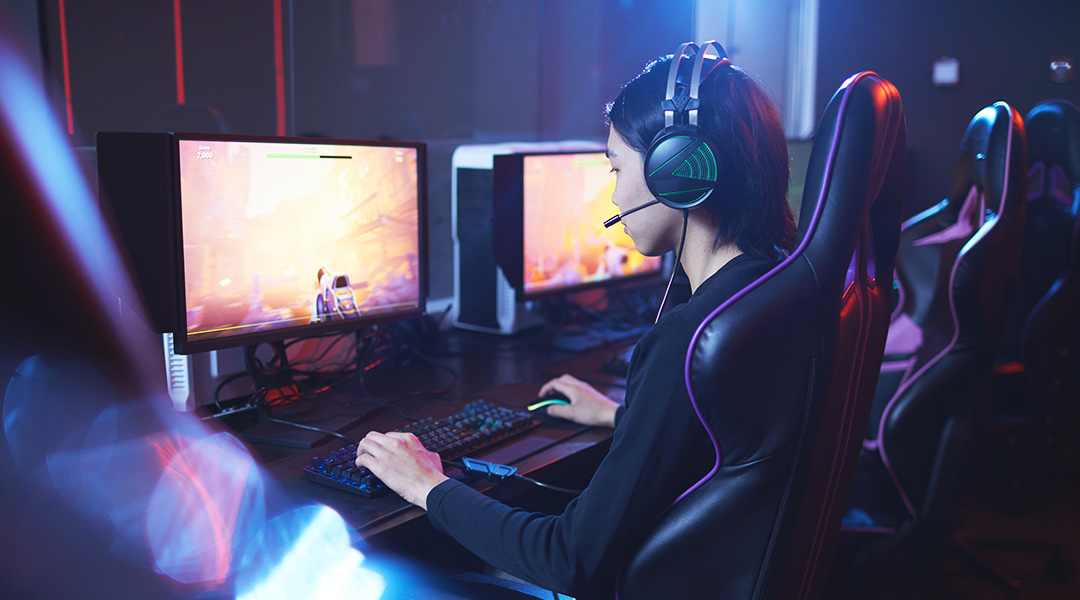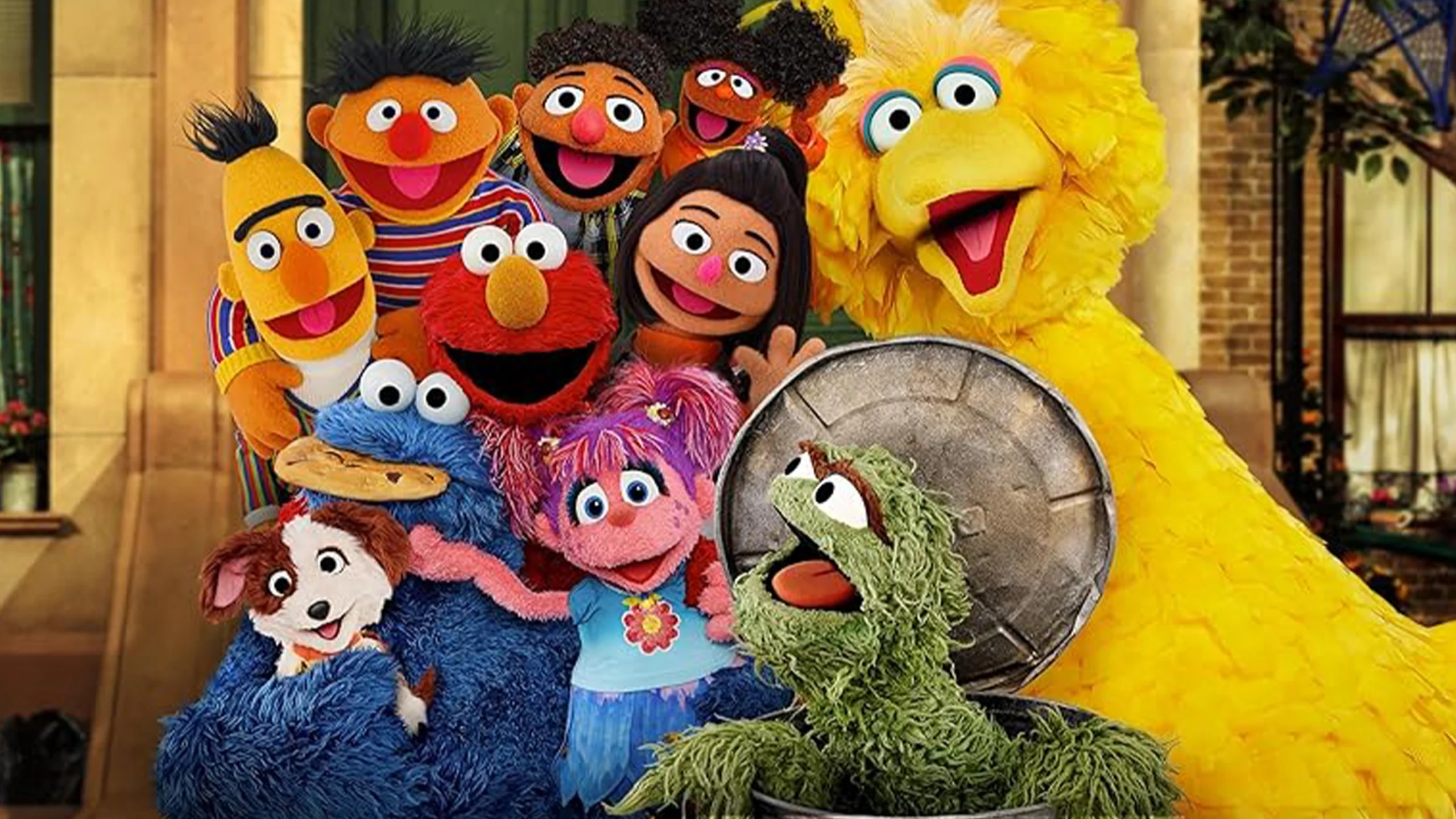How To Deal With Our Gamer Kids’ and Teens’ Rage
Our gamer kids and teens aren’t mad at us but it can sure feel like it after losing a game or two.
Gamers are notorious for their temper and trash-talking—especially here in the Philippines. Ever wonder how our gamer teens and kids became foul-mouthed in the first place? Aside from sometimes learning it from us, it could also be the community that plays the same video games as them. Pinoy gaming communities don’t have the cleanest mouths and are often not punished for it. But it’s a bandwagon they often jump on—to prevent themselves from being picked on.
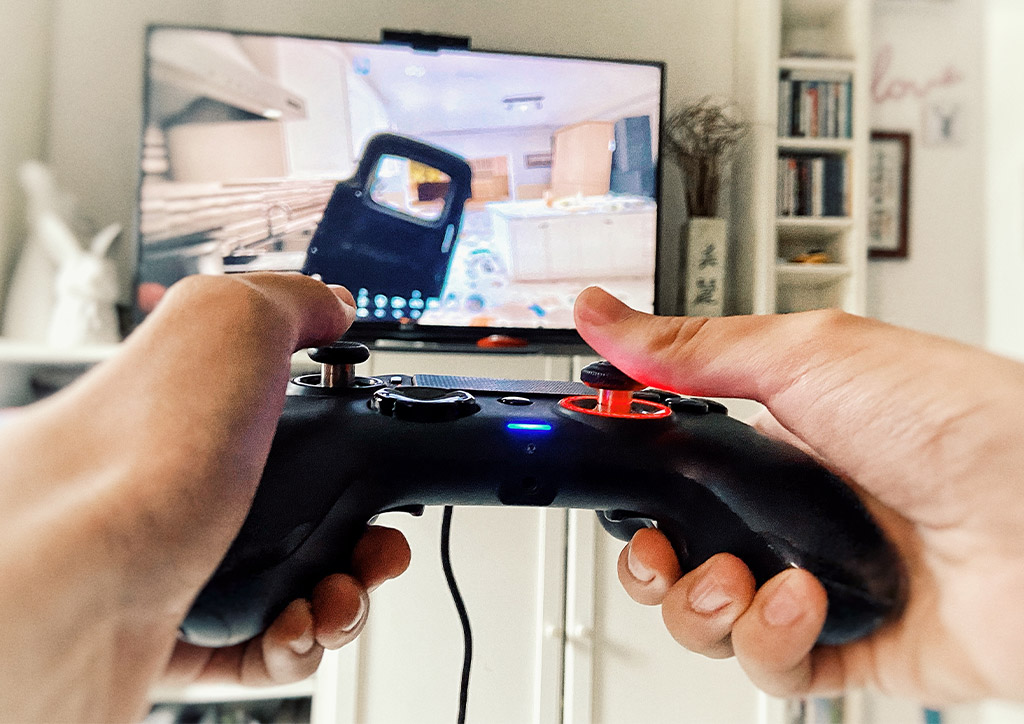
It doesn’t matter who’s right. They just want to be mad.
In a world where people often condemn outward expressions of fury and rage, video games allow our gamer kids and teens to be angry with an acceptable repercussion. This is a defense mechanism known as sublimation—the art of releasing one’s stress and negative energy in a socially acceptable way. And video games make their rage socially acceptable.
The receiving end of their fury is nothing more than a bunch of bits put together by a programmer. But a few deaths and trash talk exchanges later, the temper gets worse when they start taking it out on their gadgets. Wondering why the spacebar on the keyboard seems a bit loose? Or, why do gamers seem to go through earphones and keyboards like a pair of socks? They probably slammed it or yanked it one too many times after someone beat them in the game.
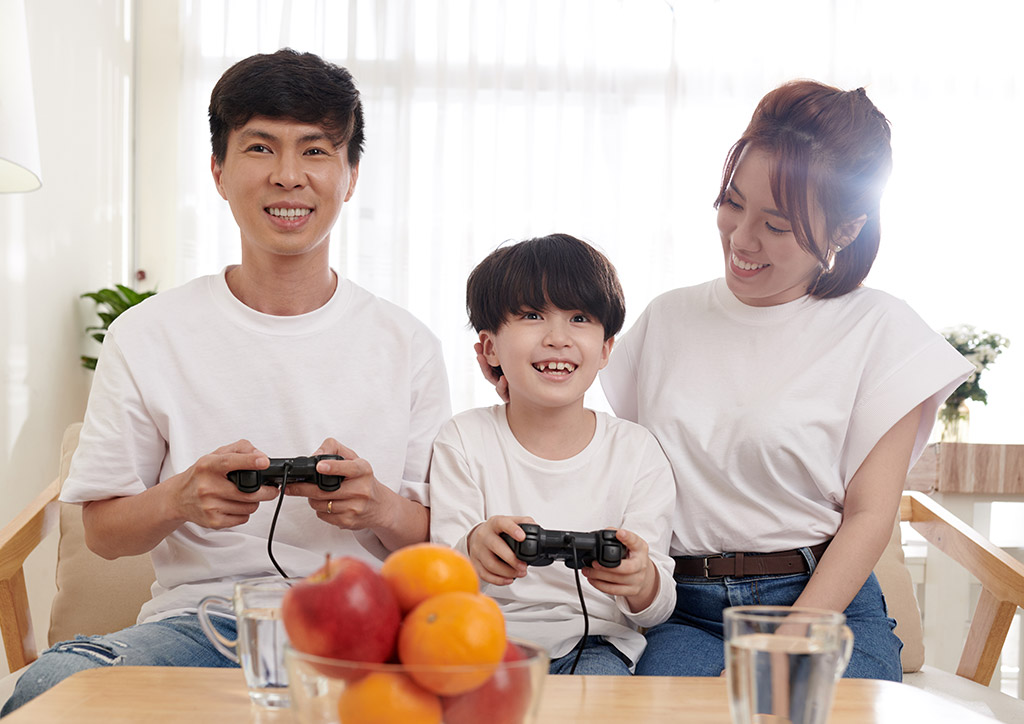
Unfortunately, gamer teens and kids can sometimes unleash it beyond the game.
The negative feelings of failure to succeed in-game can remain even after they leave the game. Sometimes, we’ll see them brooding or grumbling in one corner of the room. Our gamer kids and teens will sometimes scuttle across the kitchen in a black or neutral-colored hoodie while trying to grab a glass of water. Some even start binging on energy drinks—thinking it’ll help them win. Unfortunately, the chemical imbalance can make them extra moody—causing them to snap and snarl at us for no apparent reason.
Because of this, tensions rise and everything escalates. The cycle repeats itself when it ends with the gamer kids and teens walking off in a huff and slamming the door to their cave.
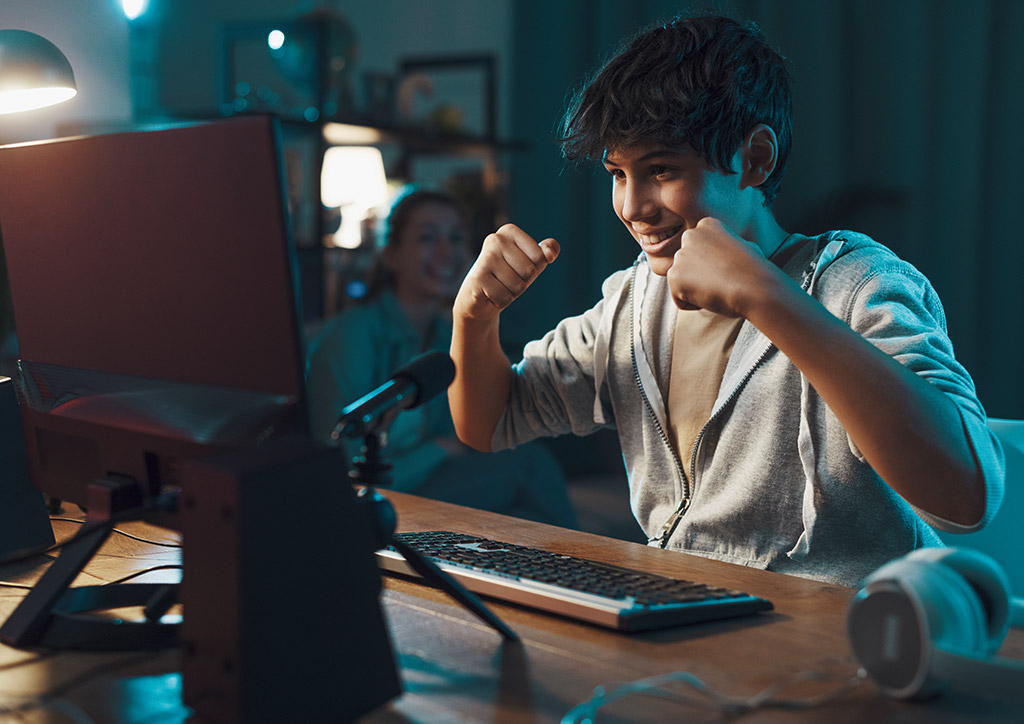
The “Ayaw Magpatalo” Mentality
Filipinos abhor losing that we even have a coined saying known as “ayaw magpatalo“. Unfortunately, this translates to a fault where they are both sore winners and losers. Because our culture raised us to fear failure, the Filipino competitive streak translates into something more vicious such as unleashing our rage on the innocent.
Alas, Filipinos forget to teach the other half of being competitive: never take it out on the innocent.
Is the video game at fault?
Honestly, it’s very easy to blame the video game for making our teens and kids short-tempered. Yet, we forget that a video game is simply a bundle of codes that give tasks to its players. Quests, competitive play—video games function on a reward system, similar to how real life does. Besides, developers cannot take into consideration every gamer’s personality. That’s something our gamer teens and kids need to do themselves.
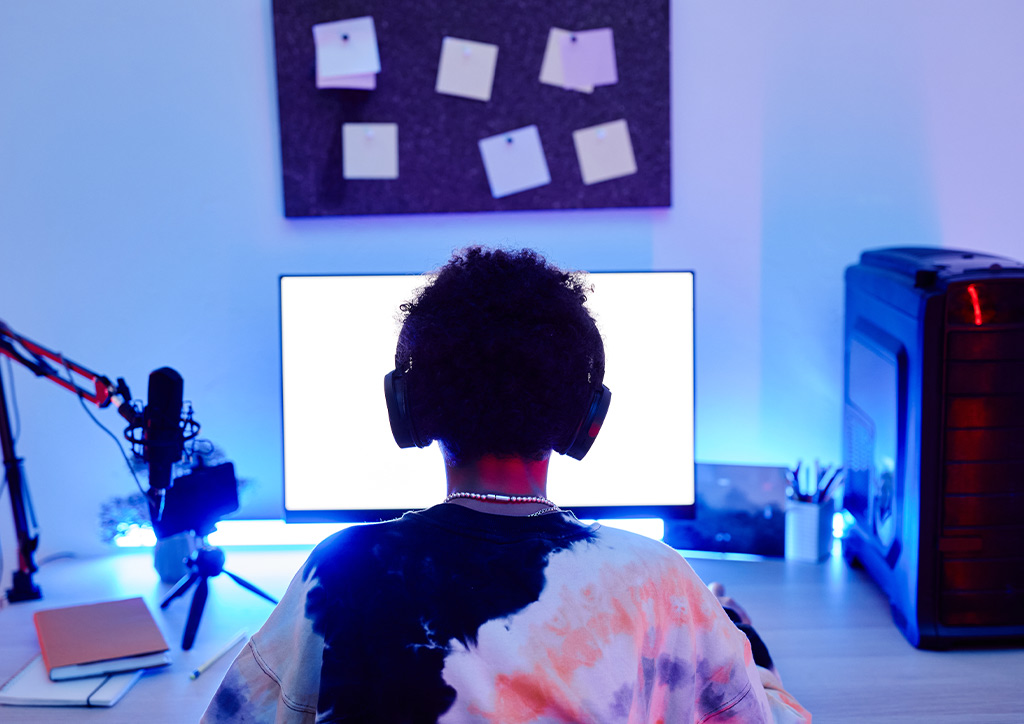
How do we stop our gamer teens and kids from raging out at us?
Right now, our gamer teens and kids are feeling that they’ve ‘failed’ in something. While it doesn’t have any obvious repercussions in real life, the feelings are still there. It may sound silly but it helps to ask them if they need anything. Doing so allows them to remember that there’s still something they have beyond the virtual world—especially since being stuck at home made them feel that the digital world is all there is.
It would also be good to keep away the coffee or energy drinks. It may boost their brain activity but remind them that chugging several cans of energy drinks will just earn them a one-way trip to ‘palpitation nation’. They may exhibit signs of recklessness and lack of self-preservation in the heat of the moment but that’s where we put our feet down.
Separating Reality From Virtual
Separating reality from virtual and maintaining the balance is the difficult part of parenting gamer teens and kids. Does this mean we have to get into gaming, too? Not necessarily. But it does make it easier knowing at least the premise the game is built on. Knowing the nature of the game easily knocks down the “you won’t understand” argument. And it’ll also make tensions less prone to escalating because we’ll probably be asking our gamer teens and kids what the mechanics are in the game.
More about teens and kids? Check these out!
What To Do If Your Kids Start Sounding or Acting Like Minions
Teens and Drinks: Teaching Them How To Drink Safely and Moderately
Why Parenting A Teen Sometimes Feels Like A Fight For Control
